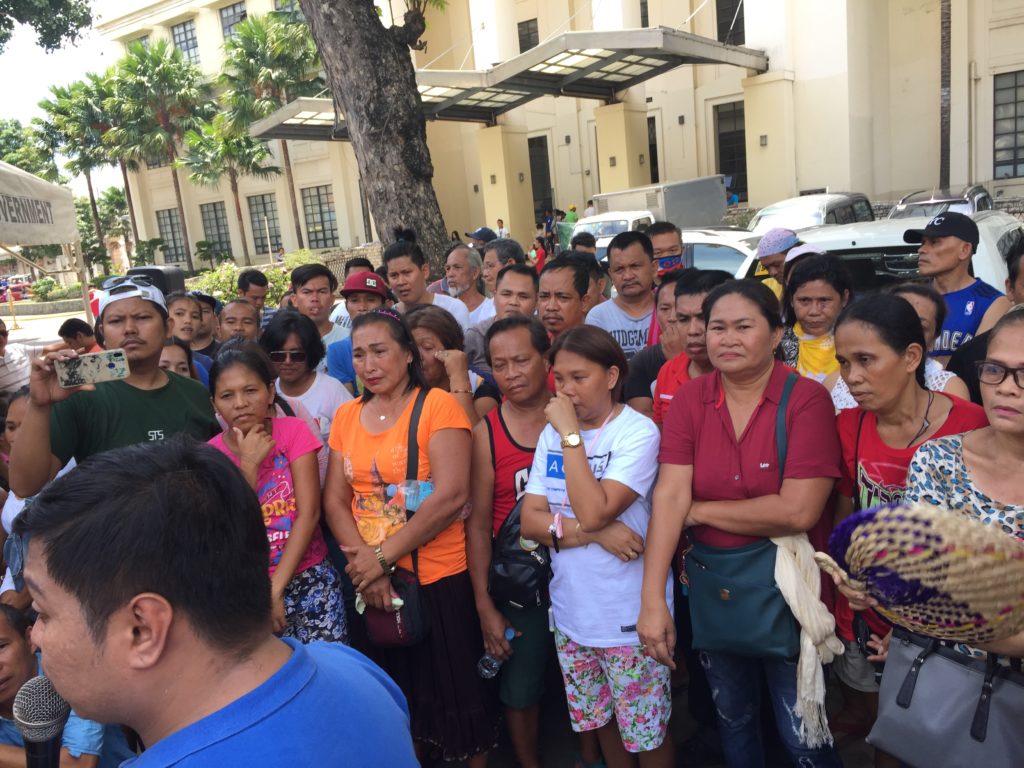
The public is again encouraged to welcome and cooperate with census personnel to help the government craft vital laws and policies. | CDN file photo
CEBU CITY, Philippines — The public is once again urged to cooperate with enumerators who would collect demographic data for census information.
Representatives from the Philippine Statistics Authority (PSA 7) aired this reminder on Wednesday, July 4 in the in the Kapihan sa PIA with Chief Statistical Specialist of the PSA7 Statistical Operations and Coordination Division, Leopoldo Alfanta Jr. and the PSA Cebu Senior Statistical Specialist Emmanuel L. Abellana.
Aside from reminding the public about the importance of cooperating with census personnel, the two officials discussed the preparations for the 2024 Census of Population and Community-Based Monitoring System (POPCEN-CBMS).
READ:
2020 Census: Central Visayas hits 8M
LGBTQIA+ national census underway – group
PH population to stay young in next 40 years
Because the National Household Targeting System for Poverty Reduction (NHTS-PR) – the list used to target the recipients of poverty elevation – was last conducted in 2019, Alfanta explained, the decision was made to conduct both the POPCEN and CBMS census in 2024 rather than 2025.
The census’s conduct would combine both POPCEN and CBMS into a single interview visit to housing units that would begin on July 15 and end on September 10.
The data from POPCEN-CBMS would then be used to identify beneficiaries as well as plans for the development of programs under the government.
“Data is the new oil, data is the new resources. Data is also wealth, for evidence-based decision making based on data available,” Alfanta said
Measures to access private housing units
Alfanta noted that there will be challenges with people’s reception during the enumerators’ data collection, as well as limited access to private neighborhoods and condominiums.
The Department of Human Settlements and Urban Development (DHSUD), with which the PSA will meet on Friday, is one of the agencies that Alfante said they would be contacting as they oversee the exclusive villages and house owners associations.
Through this meeting, they would inform them of such activity being conducted in these private housing units.
They would also be meeting with the National Commission on Muslim Filipinos (NCMF), to have the cooperation of the Muslim community.
“We would also like to to get the cooperation and support of the Muslim community. Again this is a census, tanan man wala may pwede ato biyaan. No one is left behind. Everybody is really counted,” Abellana said.
In order to inform the public about the conduct of such operations and foster more cooperation with enumerators, Abellana stated that educational and informational conversations are necessary among platforms frequented by the p[ublic.
“Akong awhagon ang tanan no na mo cooperate especially sa mga lisud namo sudlon no…Awhagon ang tanan na mo cooperate, kaning census importante kaayu Kabalo nata na ihap sa mga tawo. The government cannot do without this data, dili ta ka plan ug tarong ug wala ni siya na data. Ug dili pa nato maayu pagtubag, dili pud maayo ang atung plano, pagplano sa atung developments unya na project buhaton sa government,” Abellana said.
Inadequate number of enumerators for PSA
While Abellana revealed that in highly urbanized cities (HUCs), the PSA requires at least 1,000 enumerators, and the enumerators they are currently training have not yet reached that number, LGUs in the provinces currently have inadequate number of enumerators.
There are now 400 employed enumerators in Cebu City, 500 or more are needed in Lapu-Lapu City but there are only about 300. At least 200 are hired in Mandaue City yet more are needed.
Abellana said that if there is still a lack of census enumerators, they would have to look for more to train as there is a need to maximize enumerators in order to finish the census before the deadline which would be on December 27.

